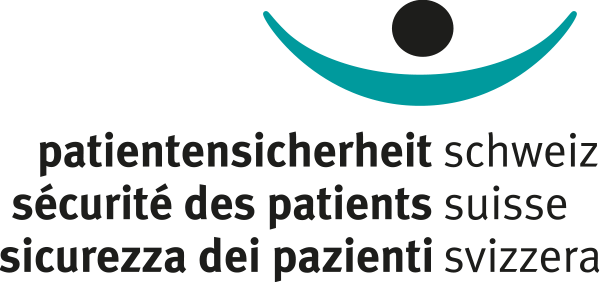
Psoriasis
Do you have any questions? We are pleased to advise you:
+41 41 228 09 94
Psoriasis is a chronic inflammatory disease that primarily affects the skin.
The upper skin layer (the epidermis) is made up of cells that proliferate then migrate to the surface of the skin, where they die and become keratinised. Normally this process takes around four weeks, but in psoriasis sufferers the cells proliferate almost ten times as fast and migrate to the surface of the skin in just a few days. The dead cells cannot be shed quickly enough with the effect that the skin becomes thick and scaly.
In Switzerland, about 2% of the population suffers from psoriasis.
How to recognise psoriasis
Which factors make psoriasis more likely?
-
Infections or other diseases
-
Skin injuries
-
Medicines
-
Hormonal causes
-
Metabolic disorders
-
Stress
-
Smoking
-
Alcohol
-
Poorly balanced diet
-
Being overweight
Your guides:
Personal consultation:
Online consultation with a dermatologist
(non-insured benefit)
Basic therapy
Local therapy
Physical therapy
Phototherapy or physical therapy can be used to treat moderate or severe psoriasis, especially if topical treatment alone is insufficient. Phototherapy involves exposing the plaques to ultraviolet (UV) light. The UV light reduces skin inflammation and slows down cell division. Sometimes doctors use medicines that make the skin more sensitive to light.
Sea water and sunlight also have a positive effect on the disease and help to alleviate skin symptoms. However, it is essential to avoid sunburn and excessive sunbathing.
Systemic therapy
Systemic treatment is required for severe psoriasis or psoriasis that does not respond sufficiently to local and physical therapy. With this therapy, sufferers are given special medications to take either by injection or orally. They affect the body’s immune reactions. The medications are highly effective and usually produce good results. However, they are also very expensive and require correct administration and regular doctor’s appointments because of the serious side effects they can cause.
The efficacy of other treatments like herbal remedies such as birch bark and aloe vera has not been proven. For that reason, medical organisations do not recommend them for the treatment of psoriasis.
Tips and tricks for day-to-day life
-
Store skincare products in the fridge. The cool temperature will help to additionally alleviate the itching.
-
Protect inflamed areas of skin against sun and heat exposure.
-
Make sure that the air in your home is not too dry. Humidity of over 40% and room temperatures of 20 to 25°C are ideal.
-
Eat a healthy, well-balanced diet with plenty of fruit and vegetables. Avoid spicy dishes and excessive alcohol and tobacco consumption.
-
If you are well-balanced mentally, this will have a positive influence on your skin.
Personal consultation:
Further information:
Give us your feedback: What experiences have you had with the CONCORDIA Health Compass? Do you have questions about using it?
What suggestions do you have for us? Or maybe you didn't find what you were looking for?
Call us on +41 41 228 09 94. Or write your message to healthcompass@concordia.ch.
We would be happy to provide further assistance.




